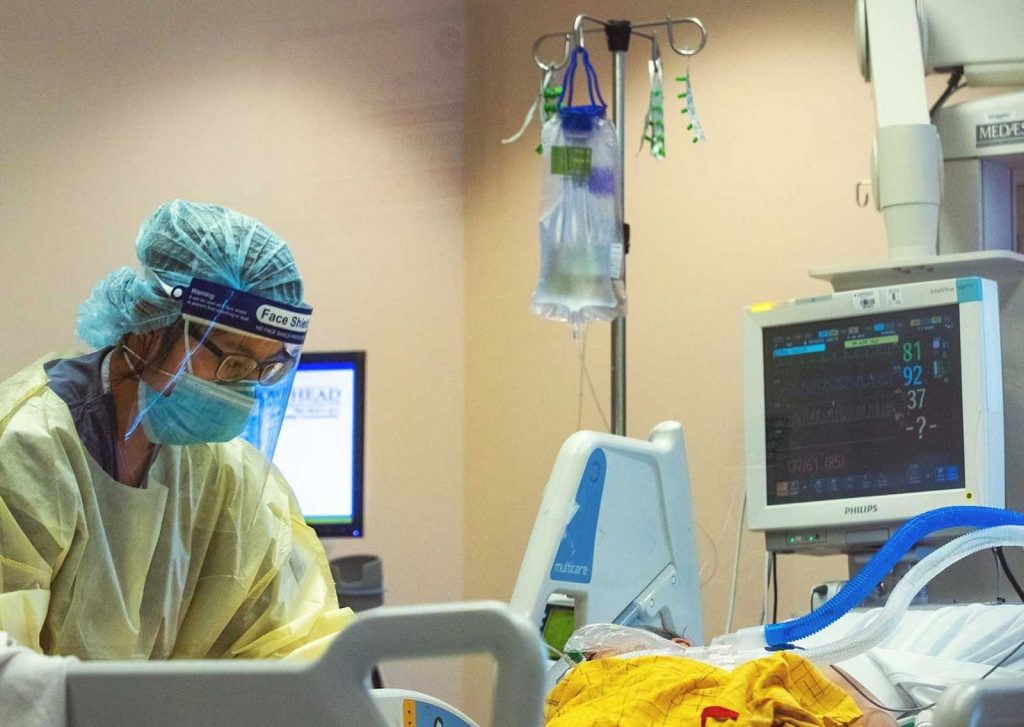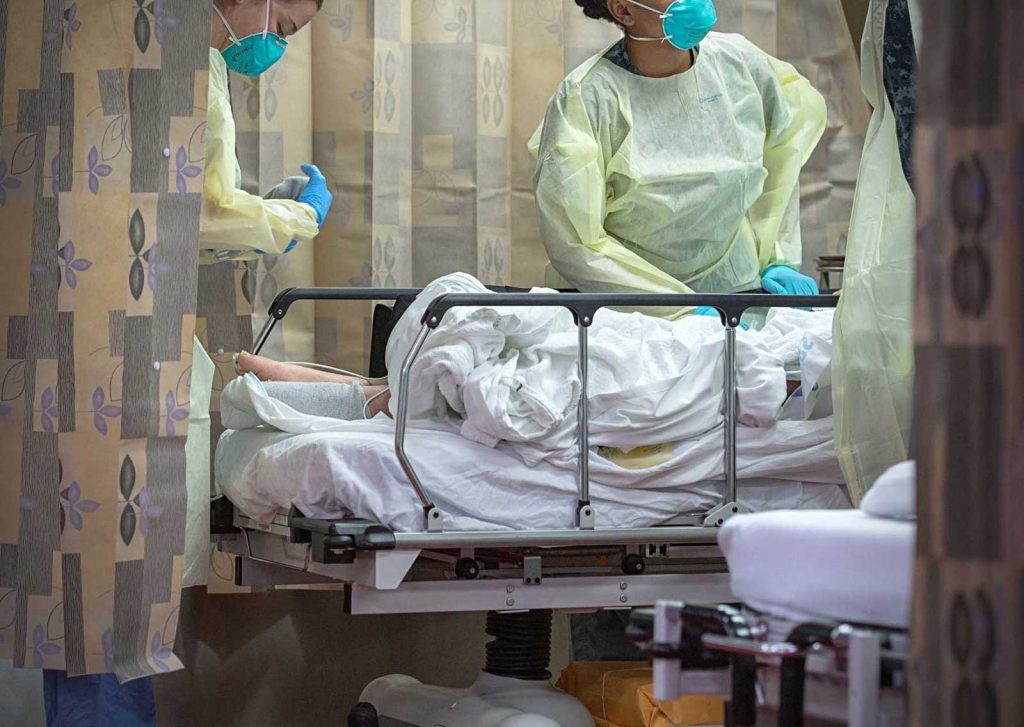How to Become an ICU Nurse: Ask Yourself These Questions

1. Do you have the right personal attributes?
Critical care nurses need to possess sound clinical judgment, a sense of advocacy, and strong morals as it pertains to patient care, a compassionate and caring demeanor, and an extensive body of nursing knowledge.
They must also be able to think critically, question and evaluate practices, and collaborate well with others, including fellow healthcare providers, patients, and family members.
2. Do you have these credentials or have plans to attain them?
According to job and staffing companies such as Zip Recruiter, many ICU nurse positions require a Bachelor’s in Nursing, an active RN license, CCRN, BLS, ACLS, and NIHSS certifications, clinical nursing experience, strong interpersonal skills, and the ability to thrive under pressure and fast-paced, stressful environments in Nursing, an active RN license, CCRN, BLS, ACLS, and NIHSS certifications, clinical nursing experience, and strong interpersonal skills/ the ability to thrive under pressure and fast-paced, stressful environments.
Although depending upon your institution, you may not have to have all the certifications at the entry-level, but they may be required within so many months of hire.
3. Are you prepared to put in the hard work?
Working in an ICU may require extra studying outside of the work environment. You are working with very sick patients, often very labile, that require quick judgment and sharp critical thinking skills.
Some ICUs require preceptorship programs, as you work alongside a more seasoned ICU nurse while you learn the basics of ICU care including treatment with multiple drips, new equipment, and varying tubes.
Once you these questions for yourself, you will better understand how to become an ICU nurse and if it is something you truly want to do. If you are willing to put in the effort and the heart, you will be blessed with good days and bad days. You will remember your patients, their families, your losses, and your co-workers. It will make you a stronger and more adaptable nurse, one who can handle any challenge.
So, go on! Take the plunge and see for yourself how rewarding the ICU specialty is.








